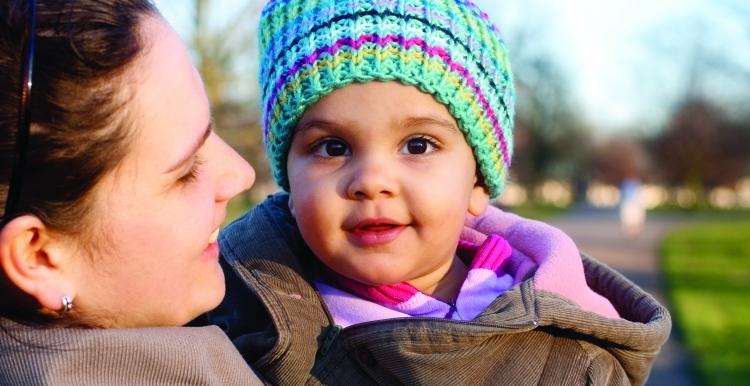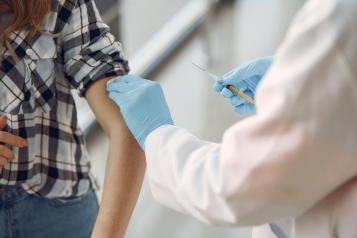Bronchiolitis – keeping your baby well this Autumn/Winter

Autumn/Winter is now looming, and as seasonal respiratory illnesses begin to rise in the community, Milton Keynes Hospital is highlighting the vulnerability of infants to bronchiolitis. They are providing local parents with the information they need so they can feel reassured that they are giving the best possible care and treatment to their children.
Bronchiolitis is caused by RSV (respiratory syncytial virus), which can be spread via coughs or sneezes. Around one in three children develops bronchiolitis during their first year of life and, in most cases, the symptoms can be treated at home and the infection usually clears up within two weeks without treatment, as with a cold.
However, around three percent of babies with bronchiolitis will require admission to hospital because they develop more serious symptoms, such as breathing difficulties.
The Keeping Your Baby Well campaign is about encouraging parents to be mindful that cases of bronchiolitis are expected to increase between now and Winter because many young children have not encountered the RSV virus due to the restrictions of the pandemic. With restrictions now being lifted within the community, the campaign aims to encourage parents to continue to practice infection prevention activities and to reassure them that most cases of bronchiolitis are treatable at home.
But if you are worried about your baby, call 111 or a GP. In an emergency, always call 999.
Kate Swailes, Interim Head of Paediatric Nursing at Milton Keynes University Hospital, said: “This campaign is about helping parents to understand what bronchiolitis is, what symptoms to look out for, how to prevent babies contracting the virus and how best to treat symptoms if they do, with the number of cases expected to continue to rise between now and winter.
“In most cases, the symptoms of bronchiolitis are relatively mild and can be treated at home without the need to access hospital or GP services. If your baby is still having small feeds and responding normally, treatment at home is the best care. You can read more about bronchiolitis via the Bronchiolitis Advice Sheet or the Healthier Together (0-19) leaflet.
“Trust your instincts. If you are worried about your baby, call NHS 111 or your GP. If your baby is struggling to breathe, call 999.”
You can minimise the spread of infection by:
- Washing your hands or using a hand sanitiser before touching your baby or child
- Covering your face if you have a cold, and asking your visitors to cover their faces, when they meet your baby
- Keeping space between your baby and those with any colds or other infections, especially thinking about young siblings who bring colds home from school
When to call 999:
- If your baby is having difficulty breathing
- If your baby’s tongue or lips are blue
- If there are long pauses in your baby’s breathing
- If your baby is unable to feed
The following links provide useful information on bronchiolitis:
Read more general information about bronchiolitis.


